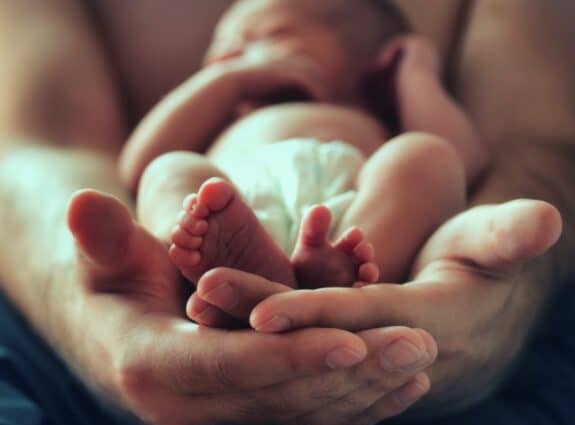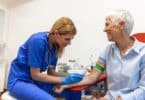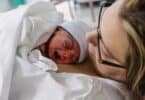Scientists have long assumed that autism-related genetic mutations come from the mother. Researchers from Cold Spring Harbor Laboratory (CSHL) are challenging this belief with a recently published study. They say the father’s genes may actually play a greater role than previously thought, especially in families with multiple children on the autism spectrum.
Autism spectrum disorder (ASD) covers a range of neurological and developmental conditions that affect how the individual communicates, socializes, learns, and behaves. Some are high-functioning and can lead productive lives. Others never learn to speak or care for themselves. They may experience maladaptive behaviors, including difficulty regulating emotions and stemming (repetitive behaviors). Each individual is different—even if born into the same family.
Previously, this was thought to be caused by an issue with the mother’s genetics, but Professor Michael Wigler and Asociate Professor Ivan Iossifov from CSHL have flipped the script. Their study, which spanned over the course of two decades, analyzed the genomes of 6,000 volunteer families. They found thousands of genes that might lead to autism if they are damaged, but they could not identify all of the sources. They decided to dive deeper.
In families where only one child fell on the autism spectrum, siblings tended to share fewer genetics with their father than their mother, but in families where multiple children had ASD, the children shared more of the father’s genetic makeup.
Researchers don’t yet understand how the dad’s genome makes its mark on children with autism, but they have some theories. One is that the father may carry some protective mutations that don’t get carried on during the fertilization process. Another is that the father may pass down a mutation that triggers an immune response that causes her system to attack the growing embryo.
Either way, this study opens new doors in autism research. New treatments, screenings, and possibly even preventative measures may stem from their future endeavors. It may even encourage researchers to look at paternal genome influence in other neurological conditions, such as schizophrenia.
“Our future research is exciting,” Iossifov says. “If one of those theories or two of them prove to be true, then it opens different treatment strategies, which can, in the future, affect quite a lot of families.”
Related Articles:







